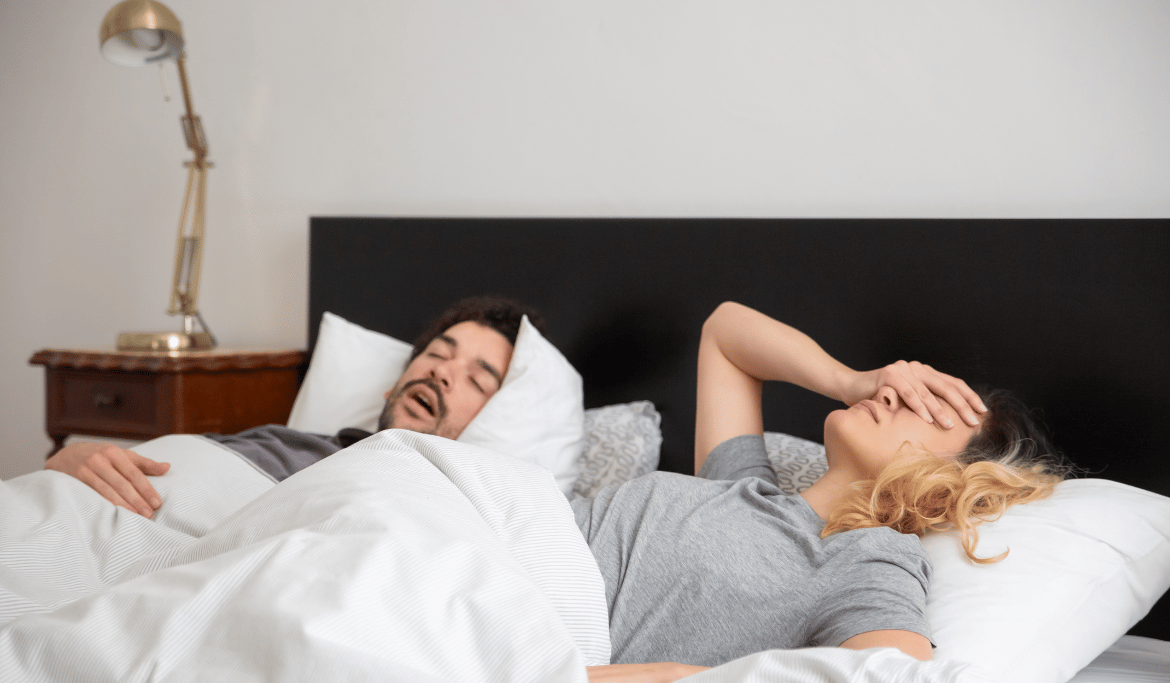Snoring and Snore-Reducing Devices: What You Need to Know
Snoring is more than just a nuisance — it can disrupt your sleep, disturb your partner, and even signal underlying health concerns, such as sleep apnea. Millions of people snore, but many don’t realize that effective solutions are available beyond simply changing sleep positions or using home remedies.
In this blog, we’ll explore what causes snoring and highlight proven snore-reducing devices that can help you and your loved ones get a quieter, more restful night’s sleep.
Why Do People Snore?
Snoring happens when air struggles to move freely through the nose and throat while you sleep. This vibration of soft tissues creates the familiar — and sometimes thunderous — snoring sound. Several factors contribute to snoring, including:
- Nasal congestion from allergies or sinus issues
- Relaxed throat muscles due to alcohol or sedatives
- Sleeping on your back
- Being overweight
- Anatomical differences in the airway
For some, snoring is harmless. But for others, it can be a sign of obstructive sleep apnea (OSA), a potentially serious condition that causes repeated breathing pauses during sleep.
Popular Snore-Reducing Devices
If you or your partner is tired of disruptive snoring, you’ll be glad to know there are effective devices that can help. Here are some of the most popular options:
- Oral Appliances
Custom-made dental devices, also called mandibular advancement devices, hold the lower jaw slightly forward during sleep. This helps keep your airway open and reduces tissue vibration. They are especially helpful for those with mild to moderate snoring or sleep apnea who cannot tolerate CPAP therapy. - Nasal Dilators
Nasal strips or internal nasal dilators gently expand the nostrils, improving airflow through the nasal passages. These are easy to use, drug-free, and available over the counter. - CPAP Machines
For people with diagnosed obstructive sleep apnea, a CPAP (Continuous Positive Airway Pressure) machine provides a steady stream of air through a mask, keeping the airway open and dramatically reducing snoring. - Positional Therapy Aids
Some people snore more when sleeping on their backs. Positional devices — such as specialized pillows or wearable trainers — can encourage side-sleeping, which often reduces snoring.
Choosing the Right Solution
The best snore-reducing device depends on the cause and severity of your snoring. That’s why it’s important to talk with a sleep specialist who can evaluate your symptoms and recommend the most appropriate treatment.
At DrSnore Wellness Center, we offer comprehensive evaluations and personalized care to help you find the right snoring solution. Whether you need a custom oral appliance, advice on lifestyle changes, or support for sleep apnea treatment, our team is here to help you achieve quieter, healthier sleep.
Treatment Options
The good news? There are proven, effective treatments for OSA and snoring.
- CPAP therapy :A steady stream of air keeps your airway open overnight
- Oral appliance therapy :Custom dental devices reposition your jaw to maintain airflow.
- Lifestyle changes :Weight loss, quitting smoking, and adjusting sleep positions
- Surgery :In some cases, surgery can correct structural problems contributing to obstruction
A sleep specialist will help you choose the best path based on your symptoms and lifestyle.
How DrSnore Wellness Center Can Help?
At DrSnore Wellness Center, we specialize in diagnosing and treating obstructive sleep apnea and chronic snoring. Our patient-first approach focuses on advanced testing, personalized treatment plans, and ongoing support so you can breathe better, sleep deeper, and live healthier.
Our Houston-based team uses the latest technology and evidence-based therapies to help you reclaim restful sleep and restore your daily energy.
Ready to stop snoring and sleep better?
Contact today for your sleep evaluation and begin your journey to a healthier, quieter night’s sleep.
